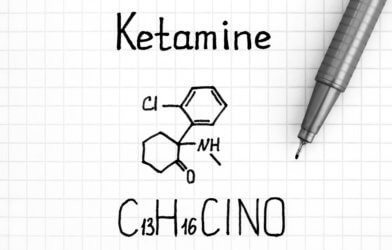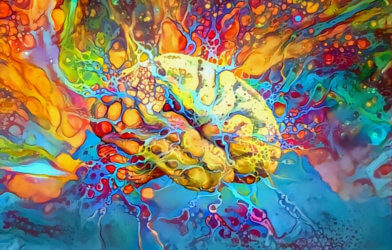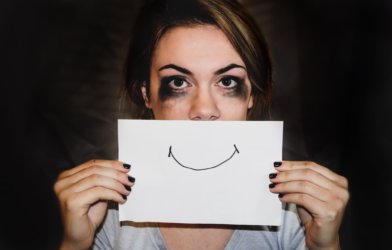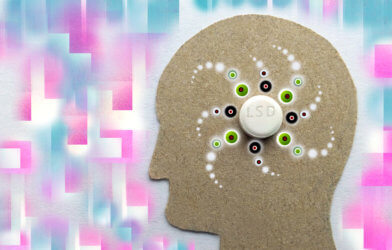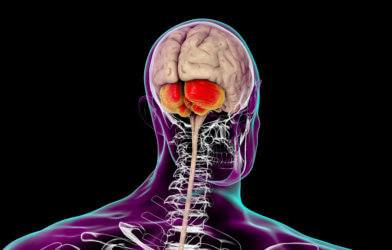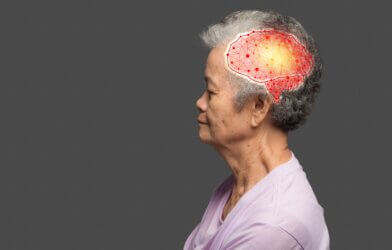Nurses play the unique, yet often unnoticed role of consistent presence in the hectic mosaic of healthcare. Nurses are present to patients in their greatest states of vulnerability. Whether that be childbirth, traumatic injury, illness, and even the moments nearing death, nurses remain with patients providing care and consolation beyond their job description.
Registered nurse, Andrew Penn and his colleagues understand nurses’ capabilities of providing care in vulnerable states. He states that nurses know well how to handle care for patients in non-ordinary states of consciousness. For example, Penn highlights that working in the ICU he often managed care for patients experiencing a non-ordinary state of consciousness. This is why Penn and fellow nurses are seeking to expand training, awareness, and use for psychedelic-assisted therapies.
Andrew Penn is a registered nurse and associate clinical professor at University of California San Francisco’s School of Nursing. In 2021, Penn co-authored the first article in 57 years on psychedelic treatment published in American Journal of Nursing (AJN). Penn and his co-author wrote on psychedelic-assisted therapies.
The journal outlines that “nurses are skilled in holding space as patients endure challenging events in real time and for prolonged periods.” Nurses are present with patients for a longer duration of time than any other medical professional. This skilled ability of presence, “translates well to being able to sit with a patient undergoing a therapeutic psychedelic experience, allowing space for whatever arises at physical, emotional, mental or spiritual levels.”, the journal writes.
Following a training for nurses in psychedelic-assisted therapy at California Institute for Integral Studies, Andrew Penn and a handful of fellow colleagues founded the Organization of Psychedelic and Entheogenic Nurses (OPENurses). OPENurses was founded to represent nurses of all training levels that are working with patients using therapeutic psychedelic medicine.
In recent years, the number of patients interested in psychedelic therapy has grown exponentially. However, the healthcare industry has struggled to keep pace with providing enough psychedelic-trained clinicians to handle such care. Many in the army of nurses nationwide recognize the profound benefit psychedelic-assisted therapy can offer patients. Penn’s article highlights that “psychedelic-assisted therapies offer great potential to alleviate suffering and cultivate healing, growth, and peace amid illness, and nurses are well prepared to contribute.”

